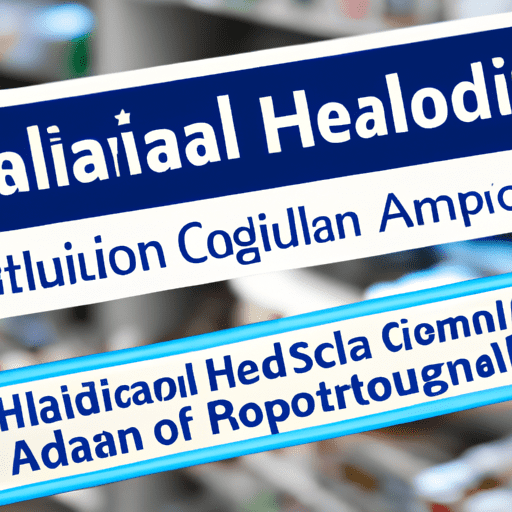Halal food has become increasingly popular in recent times, and for good reason. Muslims all over the world are searching for food that is lawful and prepared in accordance with Islamic laws. Halal food means “permissible” in Arabic, and it refers to food and drinks that are considered lawful according to Islamic dietary guidelines. For Muslims, consuming halal food is important, because it is believed that what they consume has a significant impact on their spiritual and moral well-being.
The process of halal food certification is an intricate one, but it is essential to ensure that the food meets the Islamic dietary laws. Exploring the halal food certification process will provide an understanding of what halal certification entails and how it is received.
Halal Certification Agencies
Halal certification agencies are responsible for evaluating, inspecting, and certifying food products as halal. There are numerous halal certification agencies worldwide, and they all have different criteria for halal certification. However, all halal certification agencies follow the same Islamic dietary laws, and products must meet the requirements to be certified as halal.
Accredited Halal Certification Agencies
Accredited halal certification agencies are those that have been recognized by regulatory bodies like the World Halal Food Council (WHFC) and the Islamic Food and Nutrition Council of America (IFANCA). These regulatory bodies oversee halal certification agencies worldwide and ensure that the agencies are in compliance with the established Islamic dietary laws.
The following are examples of accredited halal certification agencies:
1. IFANCA
IFANCA is the Islamic Food and Nutrition Council of America, and it has been recognized as an accredited halal certification agency by the WHFC. The organization is based in the United States and is responsible for certifying over 30,000 food products worldwide. The IFANCA certification process involves inspecting the production facility, assessing the ingredients used in the production of the food product, and ensuring that the food product meets the necessary dietary requirements.
2. MUIS
The Majlis Ugama Islam Singapura (MUIS) is the Islamic Religious Council of Singapore and is the official halal certifying body in Singapore. MUIS has been accredited by the WHFC and is responsible for certifying all food products in Singapore. The MUIS certification process involves a thorough inspection of the production facility and the raw materials used in the production of the food product.
3. JAKIM
The Halal Certification Body of the Department of Islamic Development Malaysia (JAKIM) is the halal-certifying body in Malaysia. JAKIM is responsible for certifying all food products that are sold in Malaysia. The agency has been accredited by the WHFC and has established an extensive certification process that requires regular inspection of the production facility, raw materials, and final product.
4. HCA
The Halal Certification Authority (HCA) is an Australian-based halal certification agency that has been accredited by the WHFC. The HCA is responsible for certifying halal food products in Australia, New Zealand, and South Asia. The certification process involves a thorough inspection of the production facility, raw materials used, and the final product.
Halal Certification Process
The halal certification process includes a thorough inspection of the production facility, raw materials, and final product. The certification process is carried out by a halal certification agency, and it involves the following steps:
1. Pre-audit Consultation
Before a company applies for halal certification, a pre-audit consultation is conducted with the halal certification agency. During the consultation, the company is evaluated and instructions are provided to assist the company in becoming fully compliant with the established Islamic dietary laws.
2. Inspection and Evaluation
The production facility is inspected to assess its compliance with Islamic dietary laws, including the cleanliness of the facility, the materials used in the production process, and the handling of the materials. The evaluation process includes checking the ingredients used in the production of the food product to ensure that they are halal compliant.
3. Audit and Certification
If the production facility and the raw materials meet the necessary Islamic dietary laws, the food product is certified as halal, and the halal certification can be granted. The certification process involves regular inspections of the production facility and raw materials to ensure that the food products remain compliant with the Islamic dietary laws.
Conclusion
Halal food certification ensures that products meet the established Islamic dietary laws and provides assurance to Muslims that the food they consume is lawful. Accredited halal certification agencies are responsible for evaluating, inspecting, and certifying food products as halal. These regulatory bodies ensure that the halal certification agencies are in compliance with the established Islamic dietary laws.
The halal certification process requires a thorough inspection of the production facility, raw materials, and final product. Halal certification agencies provide guidance and assistance to companies that want to become halal certified. The certification process involves regular inspection of the production facility and raw materials to ensure that the food products remain compliant with the Islamic dietary laws.

